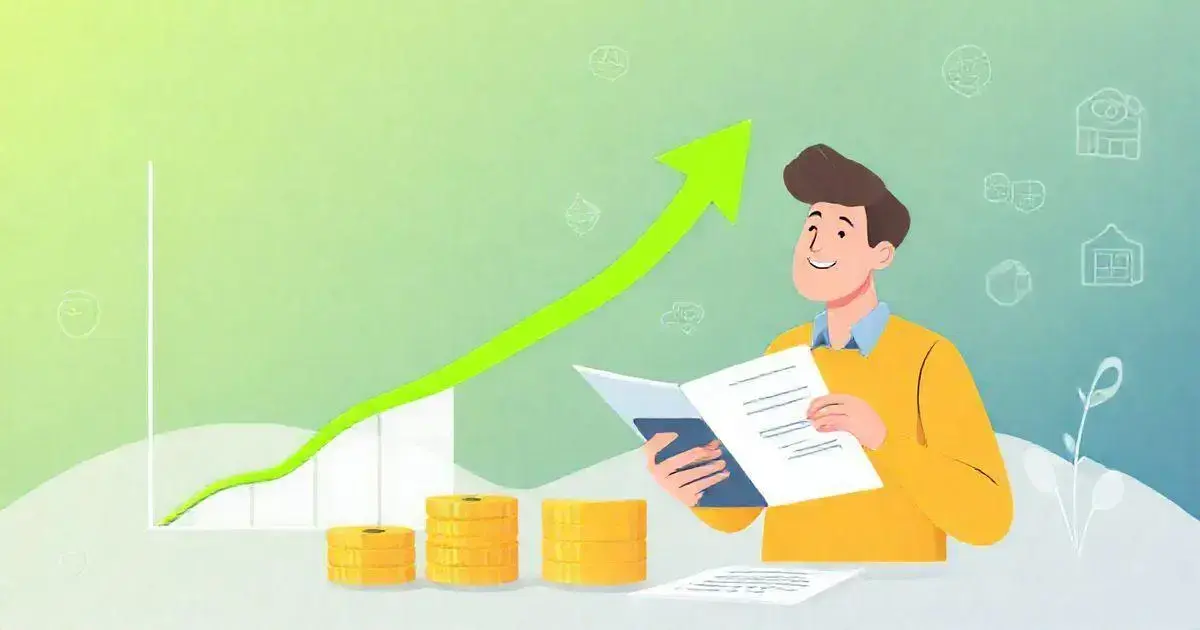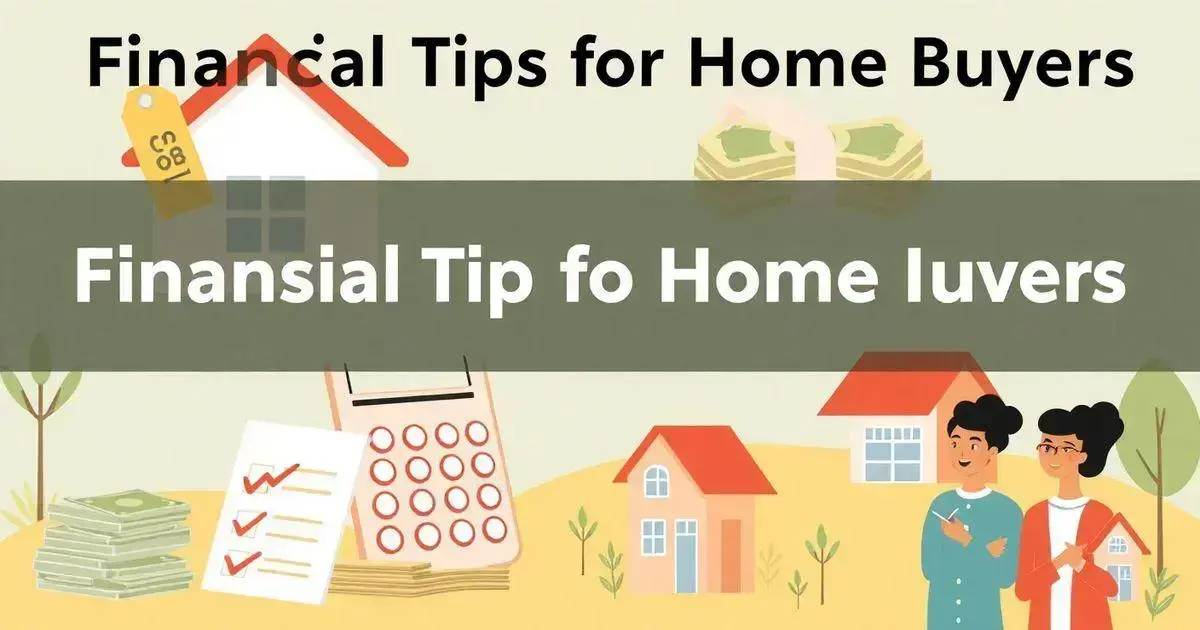How long after debt settlement can I buy a house is a common question for those looking to move forward with homeownership. Debt settlement can help you reduce your financial burdens, but it also impacts your credit, which is crucial when applying for a mortgage.
While you may feel ready to buy a home right away, lenders often recommend waiting to improve your credit score. Understanding the process and what steps to take next is key.
Keep reading to find out how debt settlement affects your ability to buy a house and what actions can help you get back on track.
Understanding Debt Settlement
Understanding Debt Settlement is crucial for anyone looking to improve their financial situation. Debt settlement is a process where a borrower negotiates with creditors to reduce the total amount owed on a specific debt.
This can often lead to better financial outcomes compared to bankruptcy. During this process, a debtor may stop making payments and instead direct that money into a savings account. Eventually, this fund can be used to pay the creditor a lump sum that is less than the total owed.
It’s important to note that while debt settlement can offer immediate relief, it can also have short-term drawbacks. For instance, it can negatively impact your credit score as it indicates to lenders that you were unable to pay your debts as originally agreed.
Many consumers wonder how long after debt settlement can I buy a house and how it will affect their ability to obtain new credit in the future, particularly when it comes to buying a house.
To effectively engage in debt settlement, it’s best to consult with a qualified financial advisor or debt settlement company. They can help negotiate the terms and ensure that you reach a satisfactory agreement with your creditors.
Additionally, understanding the legal ramifications and considering all alternatives before making a decision is essential for those wondering how long after debt settlement can I buy a house.
Impact of Debt Settlement on Credit Score

When Can You Start House Hunting?
After a debt settlement, many people wonder how long after debt settlement can I buy a house and when they can begin the process of finding their new home.
Typically, you can start house hunting immediately after your debts are settled. However, it’s essential to consider the impact of your credit score. While you might feel ready to buy, lenders may look at your credit history before granting a mortgage.
Many lenders recommend waiting at least two years after a debt settlement to get the best mortgage terms. This waiting period allows your credit score to recover, showing lenders that you can manage your finances wisely moving forward. During this time, it’s beneficial to focus on rebuilding your credit by making timely payments on any remaining debts and keeping your credit utilization low.
In addition to improving your credit score, starting to save for a down payment is crucial. The more you can save, the more favorable loan terms you may receive, which can help in the long run. In summary, while house hunting can begin immediately, preparing your finances for a mortgage will ultimately lead to a more successful home buying experience.
Steps to Prepare for Home Buying

Steps to Prepare for Home Buying after debt settlement are crucial for securing a mortgage. First, review your credit report to identify any errors or lingering debts. It’s essential to ensure everything is accurate, as mistakes can affect your score, especially when you’re wondering how long after debt settlement can I buy a house.
Next, focus on rebuilding your credit. Pay all bills on time and aim to keep your credit utilization below 30%. This shows lenders that you are a responsible borrower and increases your chances of securing a favorable mortgage.
Another important step is to create a budget. Determine how much you can afford to spend on a home by considering your income, expenses, and any other financial obligations. Don’t forget to include additional costs associated with buying a home, such as closing costs and maintenance fees.
Additionally, start saving for a down payment. The more you can put down, the less your mortgage will be and the better rates you may receive. Consider reaching out to a financial advisor or mortgage broker who can guide you through the process and help you understand your options.
Qualifying for a Mortgage After Settlement
Qualifying for a Mortgage After Settlement can feel challenging but is definitely achievable. After settling your debts, lenders will look closely at your credit history. Generally, you will want to wait at least two years before applying for a mortgage.
This waiting period allows your credit score to recover from the settlement impact, which brings up the question, how long after debt settlement can I buy a house.
During this time, it’s crucial to rebuild your credit score by making all payments on time and reducing your credit card balances. Keeping your credit utilization low—preferably below 30%—is also important. Additionally, avoid opening new credit accounts that can further affect your score.
Once your credit score has improved, maintain a steady income and save for a down payment. Most lenders will require a down payment ranging from 3% to 20% of the home’s purchase price. Having a larger down payment can improve your chances of qualifying for a better mortgage rate.
It’s also wise to gather all necessary documentation, such as tax returns and pay stubs, to present to your lender.
Financial Tips for Home Buyers

Common Myths About Debt Settlement
Common Myths About Debt Settlement can create confusion for those considering this option. One common myth is that debt settlement is the same as bankruptcy. While both processes can discharge debts, debt settlement typically involves negotiating with creditors to pay less than what is owed. Unlike bankruptcy, debt settlement may have a less severe impact on your credit score.
Another myth is that once you settle a debt, you are free from all obligations. In reality, you still need to monitor your credit report to ensure that the settled amounts are reported accurately. Occasionally, creditors may not update records correctly, which can affect your score.
Some people believe that debt settlement guarantees you can qualify for a mortgage quickly. However, you often need to wait a few years after settling debts before lenders will consider you a suitable candidate for a mortgage, due to the effects on your credit report. This leads many to ask, How long after debt settlement can I buy a house?
Lastly, many assume debt settlement is a fast solution. In truth, the process may take time as negotiations can vary based on the creditor and the amount owed. Understanding these myths can help you make informed decisions about your financial future, especially when considering how long after debt settlement can I buy a house.
How Long After Debt Settlement Can I Buy a House? – FAQ
How long after debt settlement can I buy a house?
Typically, you can start house hunting immediately, but lenders may prefer waiting at least two years.
Will debt settlement hurt my credit score?
Yes, debt settlement can negatively impact your credit score, but the effects may lessen over time with responsible financial habits.
What do I need to qualify for a mortgage after debt settlement?
You need to have a stable income, a good credit score, and a sufficient down payment.
Are there any alternatives to debt settlement?
Yes, alternatives include debt consolidation, credit counseling, or bankruptcy, depending on your financial situation.
How can I improve my credit score after settlement?
Make timely payments on remaining debts, reduce credit card balances, and check your credit report for errors.
What are the costs associated with buying a home?
In addition to the down payment, consider closing costs, property taxes, homeowners insurance, and maintenance expenses.